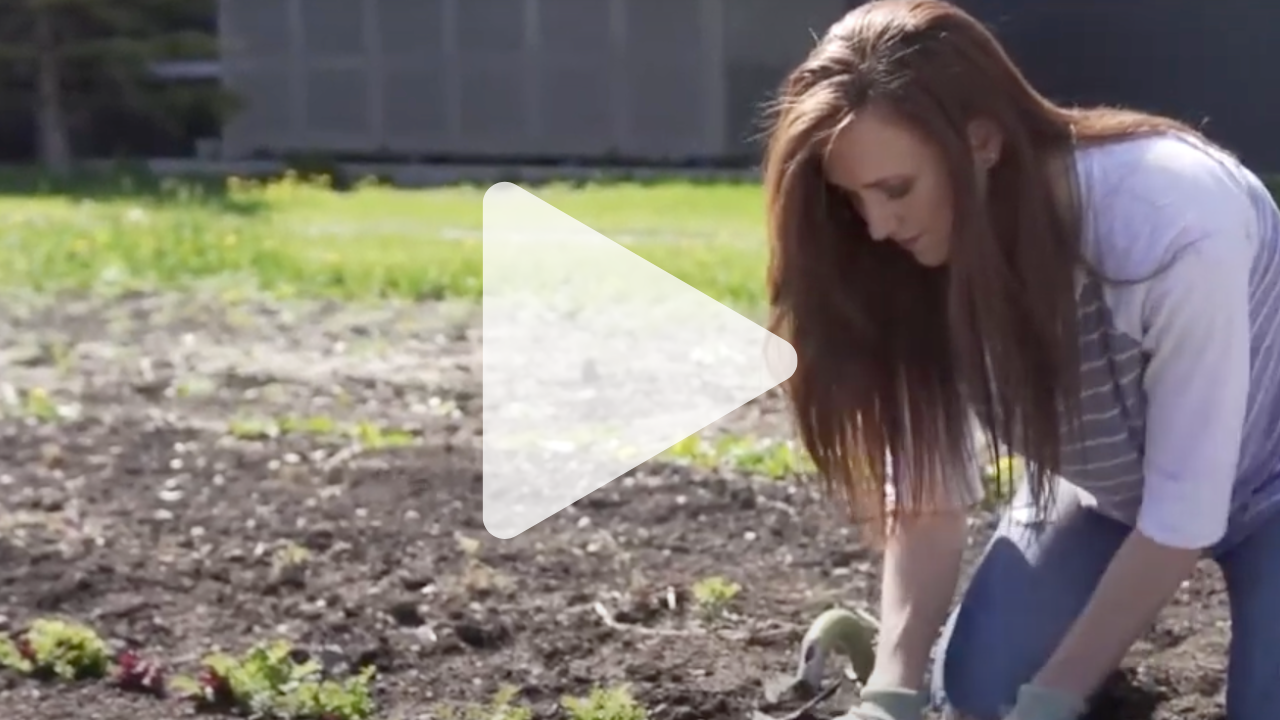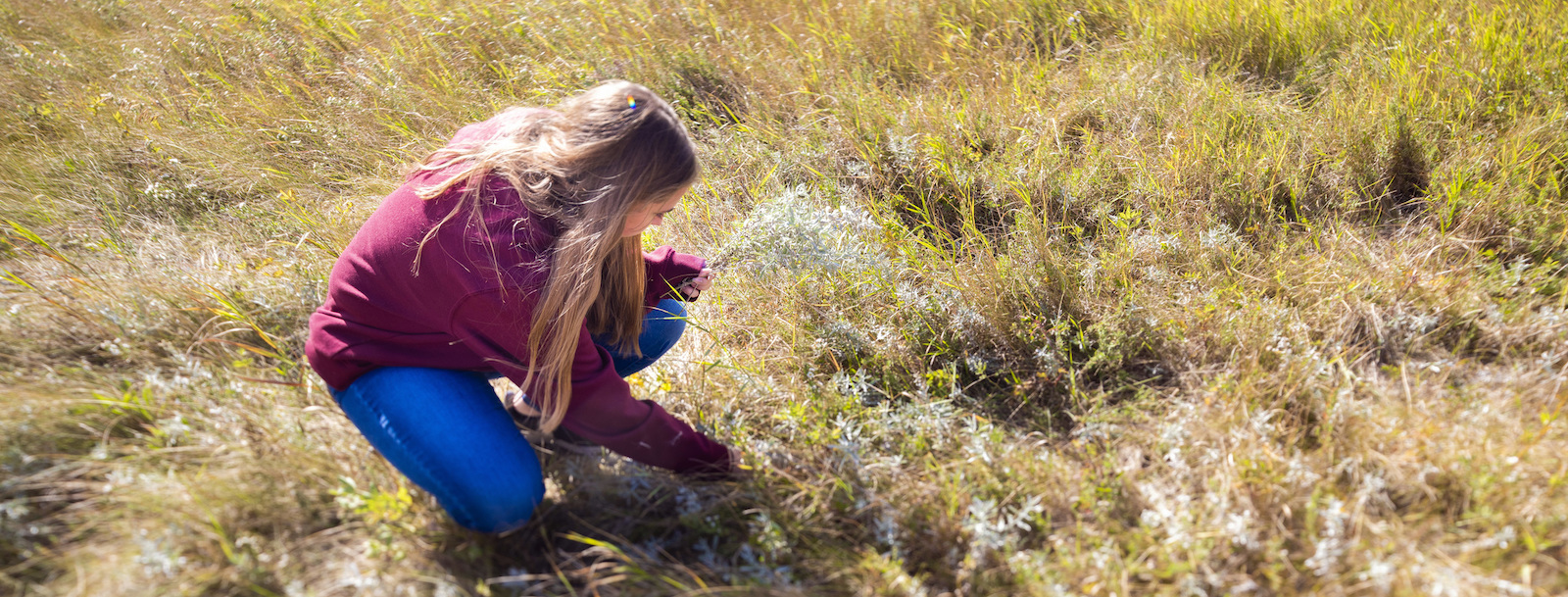Bachelor of Science in Environmental & Conservation Sciences
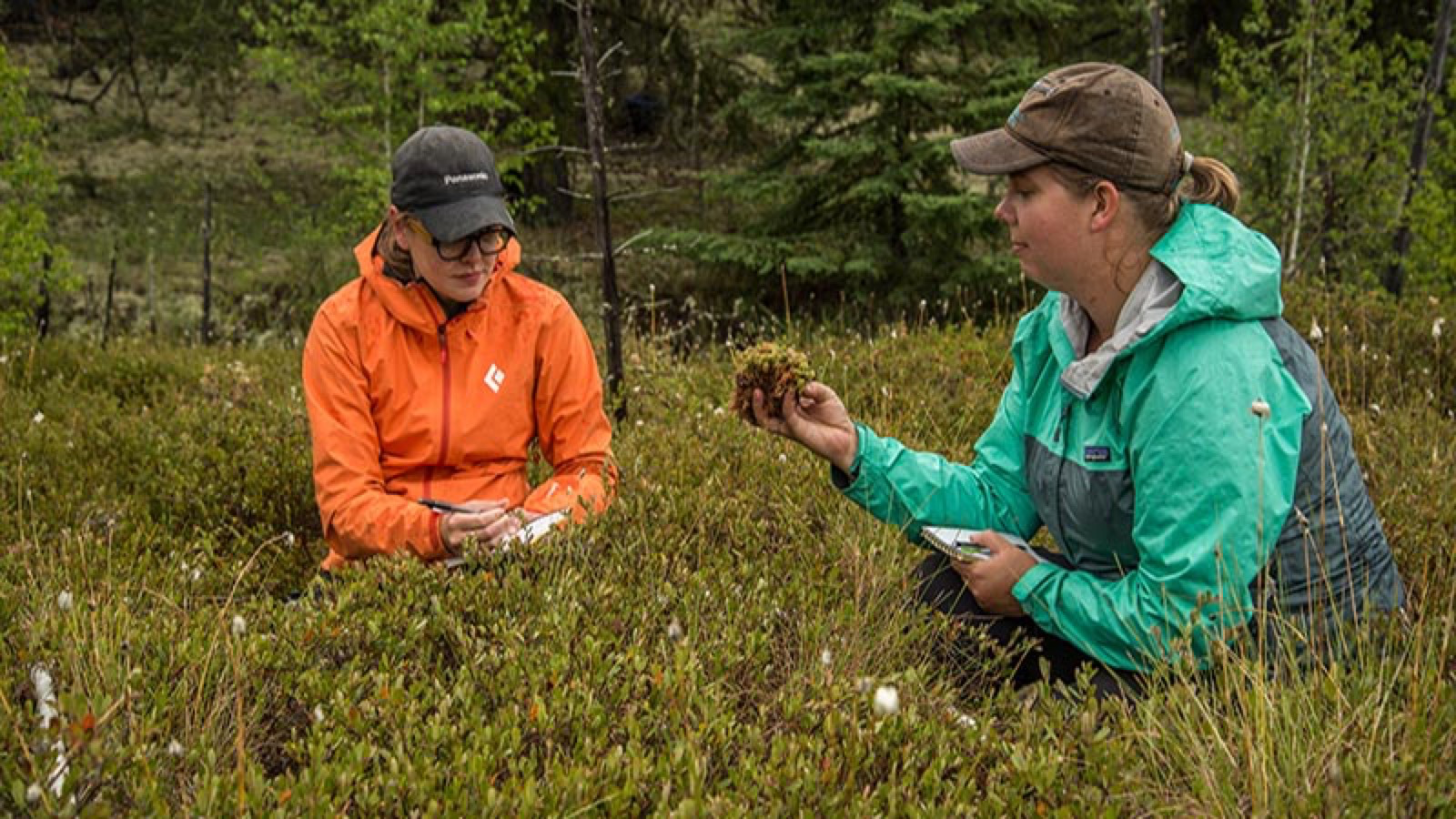
Why Study Environmental & Conservation Sciences?
Leave a lasting mark on the environment with the BSc in Environmental & Conservation Sciences program. Our four-year degree in the Faculty of Agricultural, Life & Environmental Sciences offers opportunities to study and develop real-world solutions for environmental issues, such as land conservation, water conservation, biodiversity and adaptation to climate change. Learn the foundations of the history of environmental thought and indigenous perspectives on the environment, then dive into detail on the importance of plants, animals, soils and water in specialized courses.
Hands-on Learning
Take your studies on location, where you will apply your knowledge and skills in class trips and a project-based capstone course, led by experienced field instructors. You will also participate in a field school to study a variety of subjects firsthand and help solve current and future landscape management issues. You will prepare yourself for a career in environmental and conservation sciences by applying the academic knowledge you’ve gained in class in practical and experiential environments, and by networking with other students in your field.
Majors
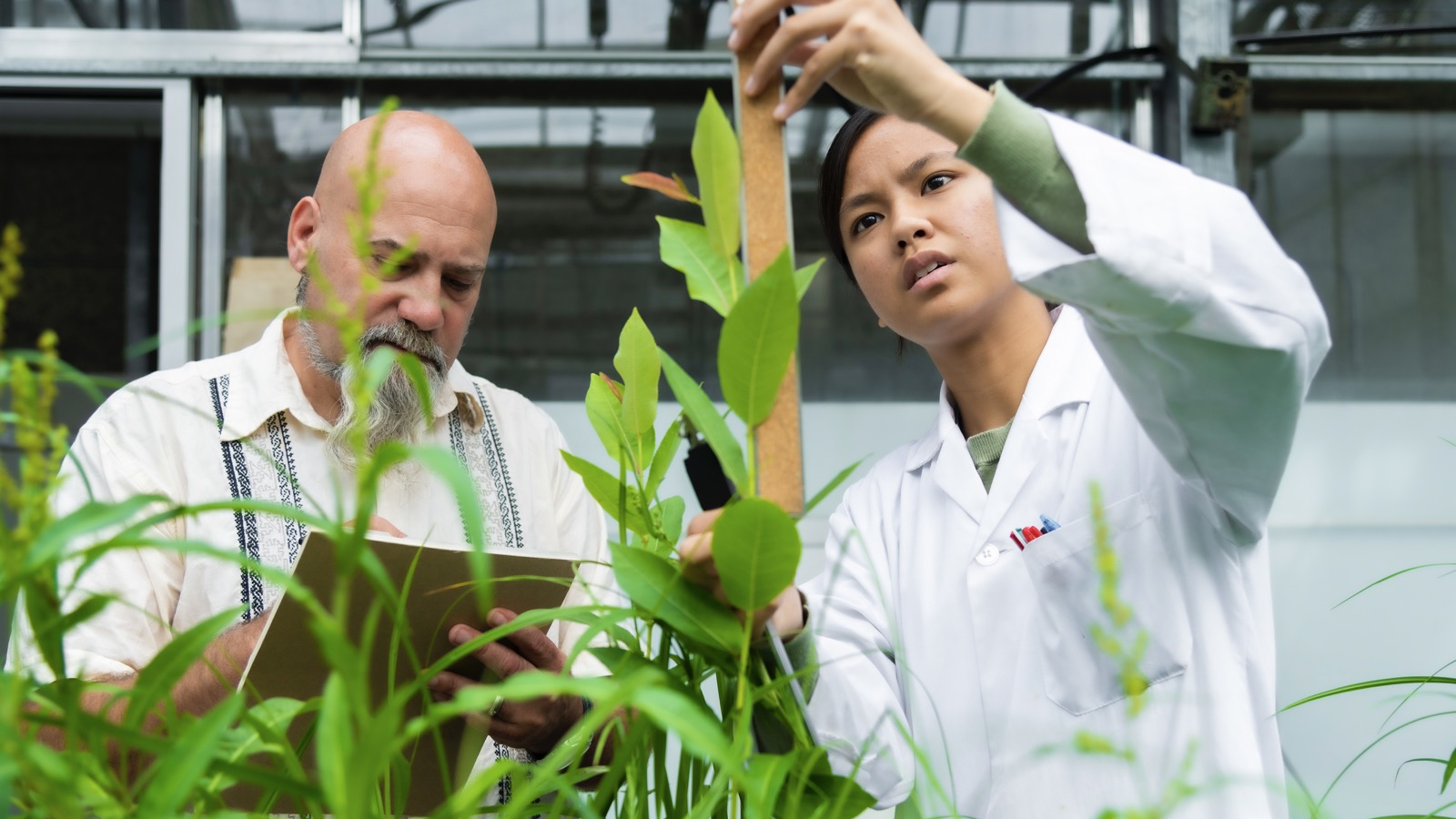
Focus on subjects including endangered species conservation, ecological restoration and the management of natural ecosystems.
Program Requirements
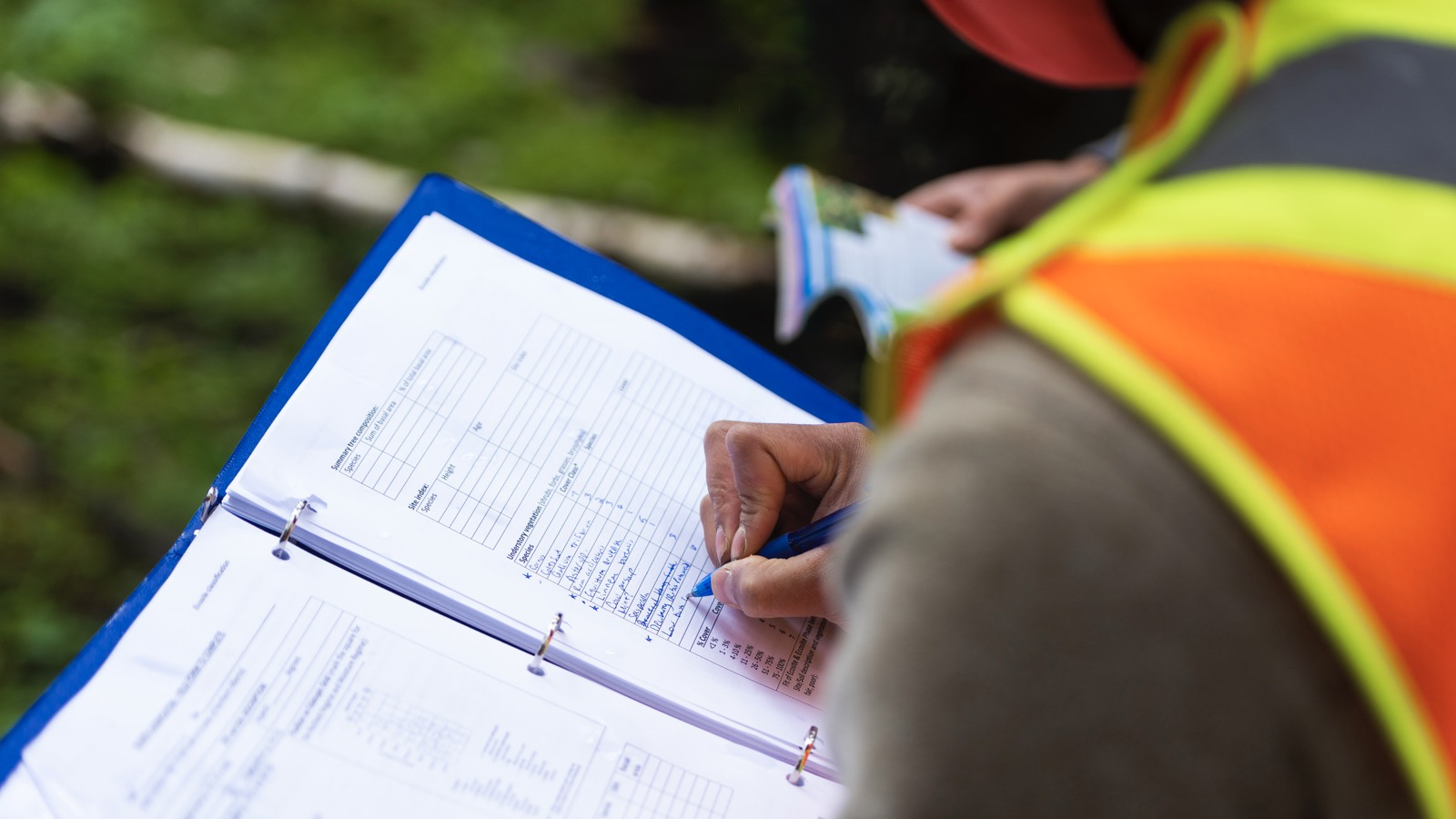
Learn the economic, social, political and legal issues associated with environmental issues to prepare for a career of developing and assessing environmental economics and policy.
Program Requirements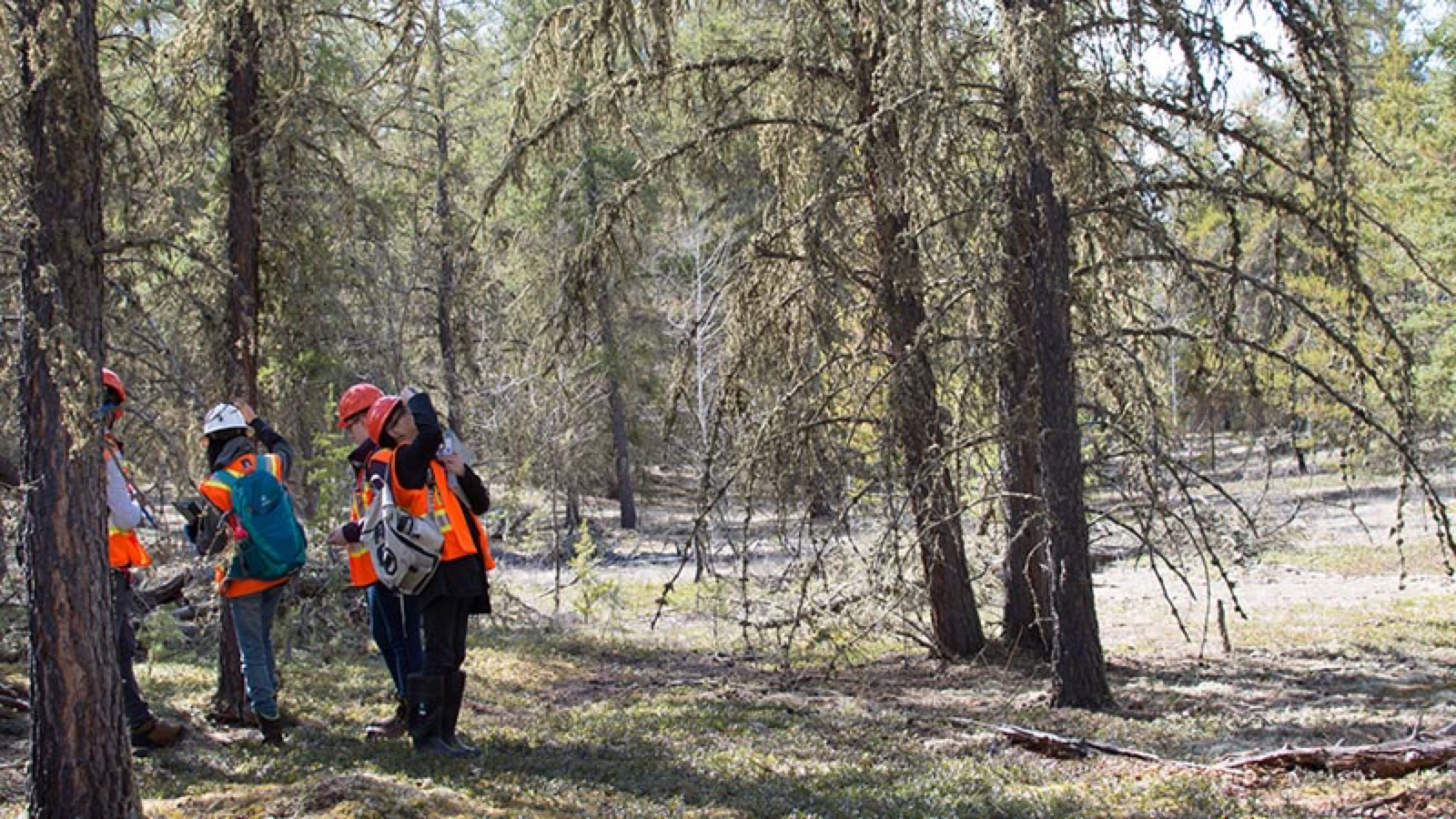
Study how to use collective action, institutions, policy and management approaches to influence environmental and natural resource issues.
Program Requirements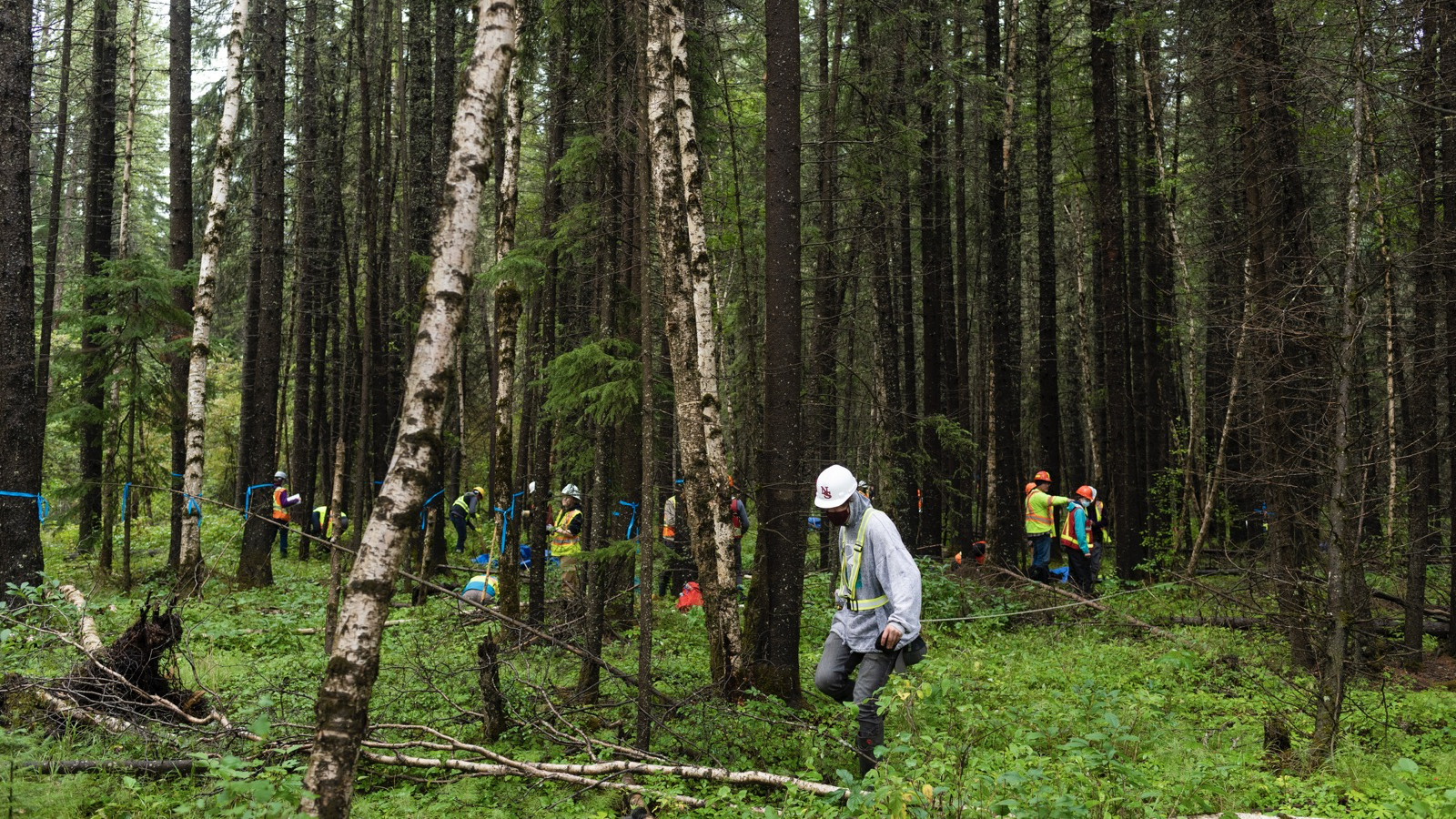
Learn how to assess and minimize the impacts of development and resource activities, and to restore impacted ecosystems.
Program Requirements
Dedicate your career to protecting Canada's northern systems by studying content in northern environmental, economic and social contexts.
Program Requirements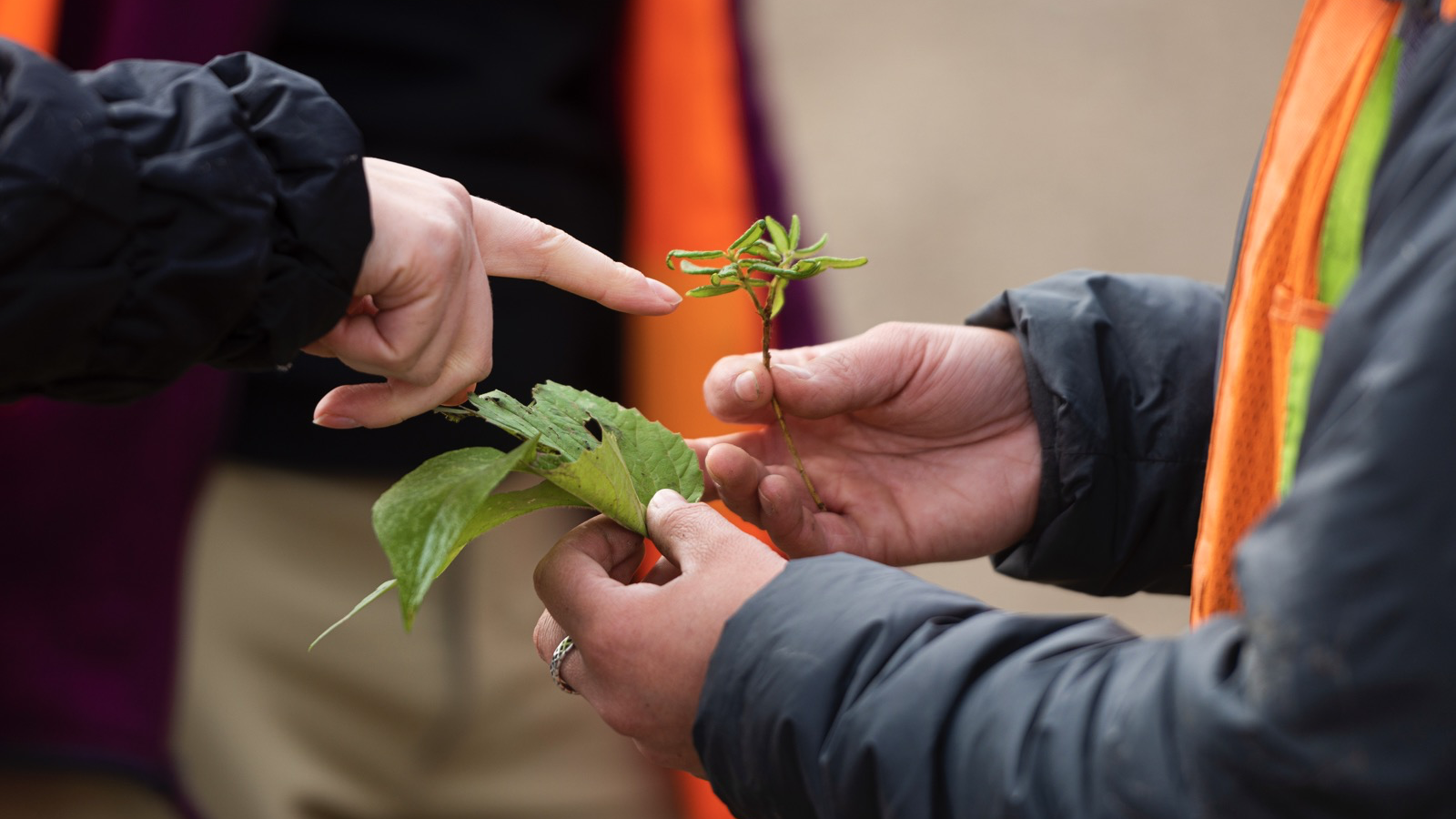
Prepare for a career managing wildlife and rangeland resources by focussing on subjects like the soil-plant-animal relationship on both private and public lands.
Program Requirements
"I made new friends, learned new skills, and got to apply my classroom education out in the Boreal Forest. In my experience, you will find your favourite experiences in the places you least expect.”
- Kevin attended Spring Field School in Lac La Biche while studying a Bachelor of Science in Environmental and Conservation Sciences majoring in Human Dimensions of Environmental Management

Featured Courses
Feature Careers
Biologists conduct research to learn about living organisms and natural or cultivated ecosystems and to manage natural resources. They develop new practices and products in such diverse fields as environmental conservation, medicine, pharmacology, forestry, agriculture, forensics, nanotechnology, biosynthesis, plant breeding and pest control. Average Salary: $91,023.00
Soil Scientists study the composition, distribution, development and behaviour of soils. They look at the interaction of soils with organisms, animals, plants and the atmosphere. They manage soil resources for agricultural production, and endeavor to protect water resources and the environment. Average Salary: $104,806
Source: Government of Alberta, Occupations in Alberta
Careers in Environmental & Conservation Sciences
- Land Reclamation Specialist
- Environmental Consultant
- Wildlife/Conservation Biologist
- Soil Scientist
- Sustainability Coordinator/Specialist
- Park Warden
- Land Use Planner
- Environmental Impact Assessor
- Environmental Education Programmer
- Sustainability Specialist
- Biologist
Check out the U of A’s Environmental Science Career Guide for more options. Graduates with a BSc in Environmental and Conservation Sciences may also be able to work towards qualification as a registered professional forester through the Master of Forestry program.
